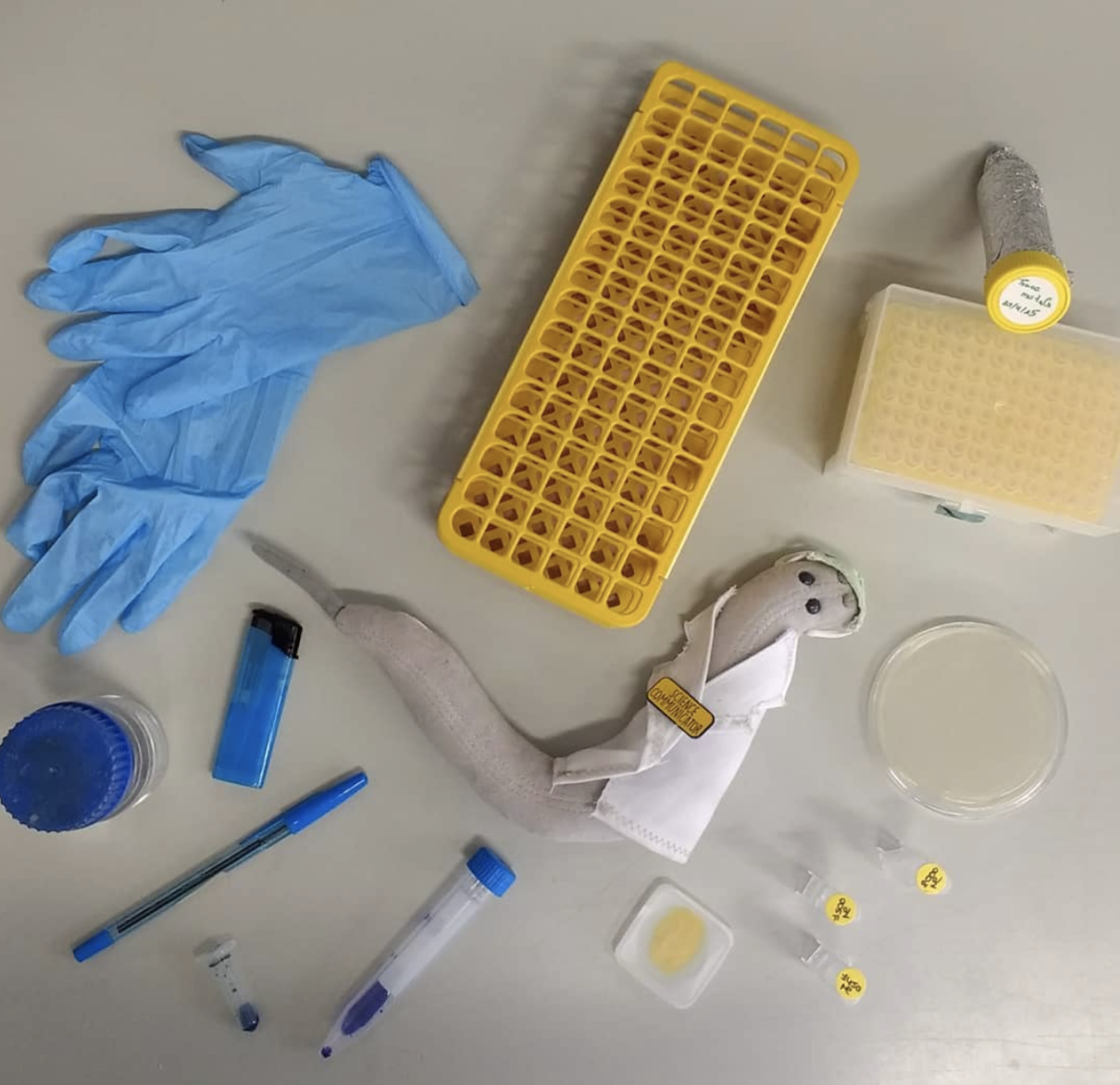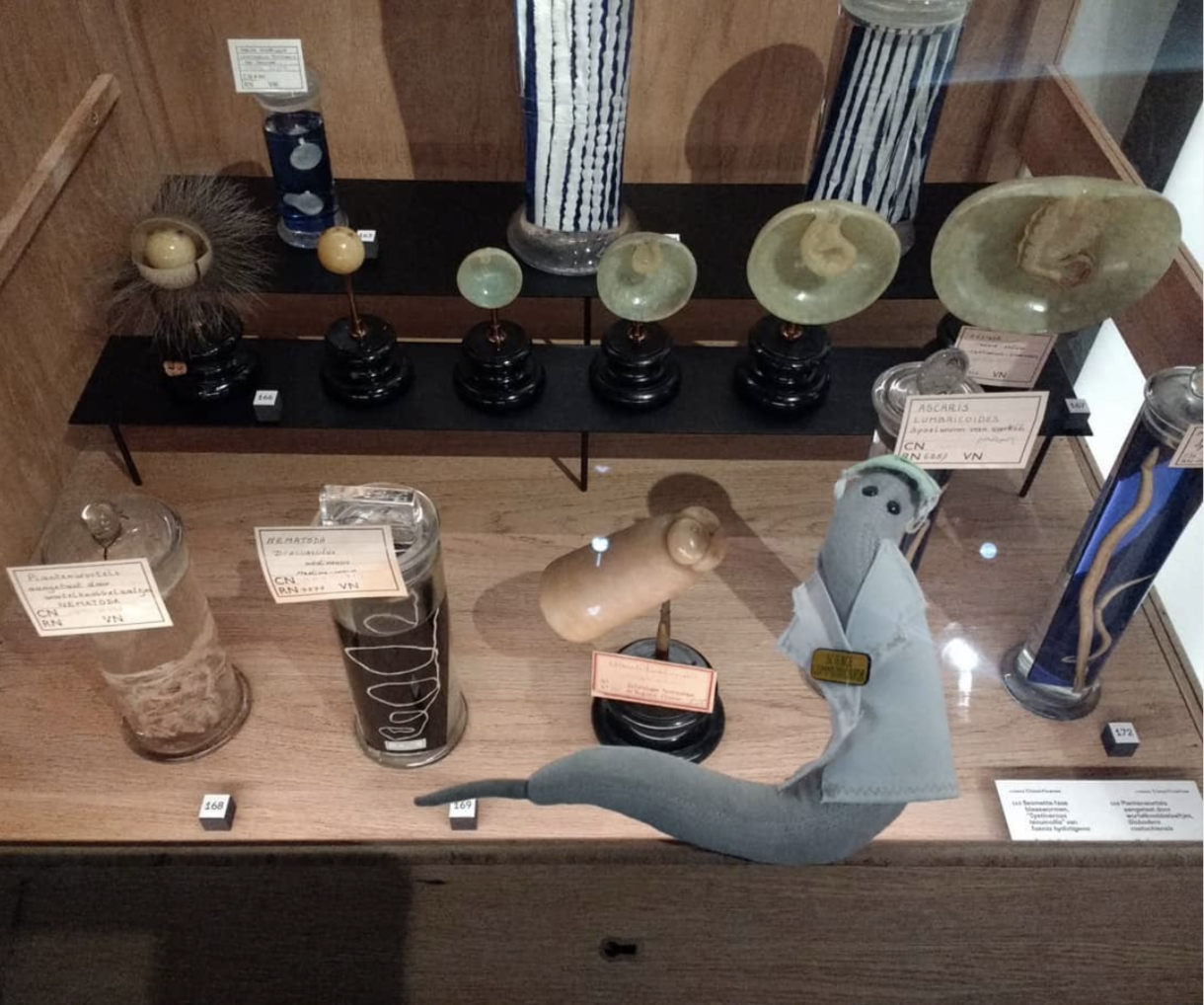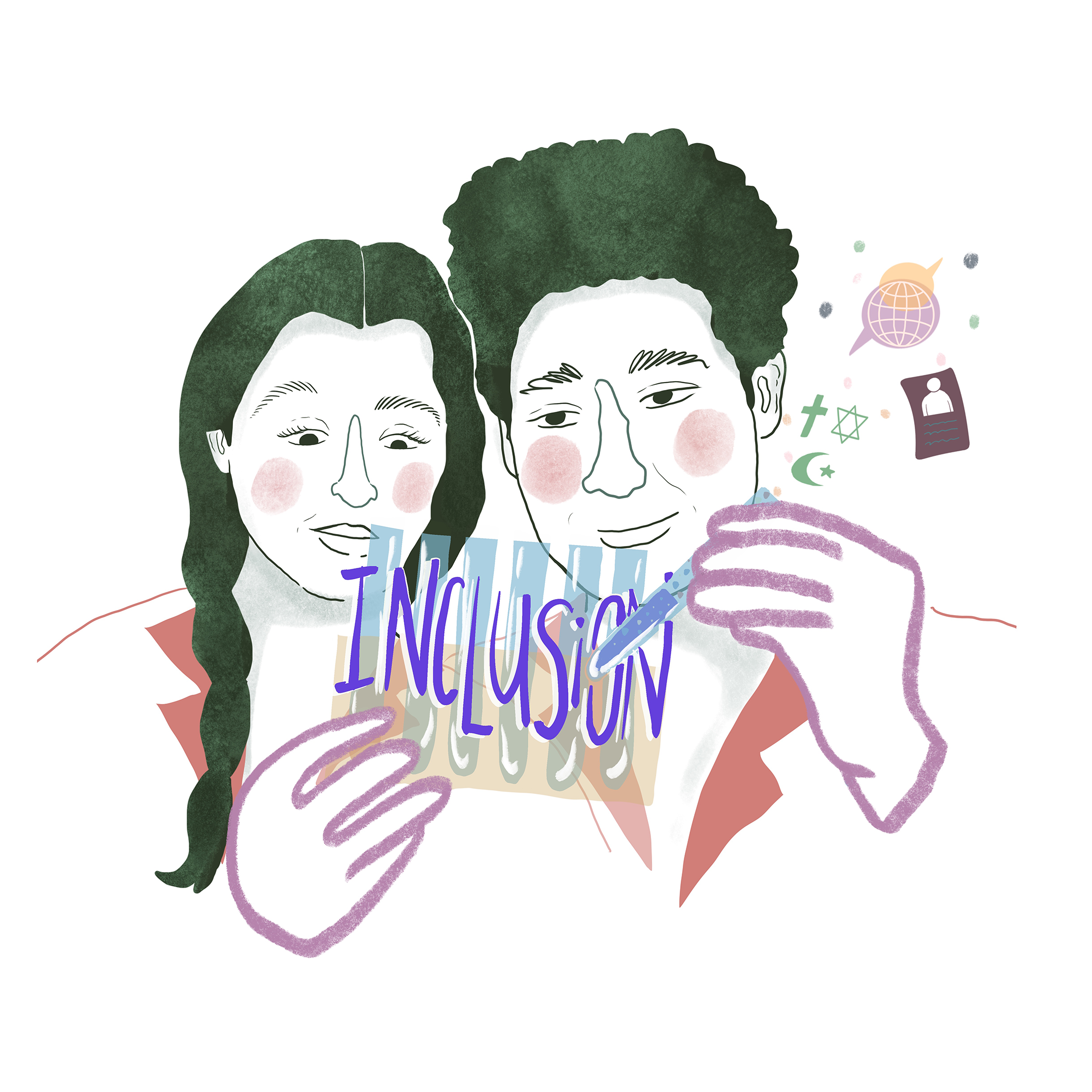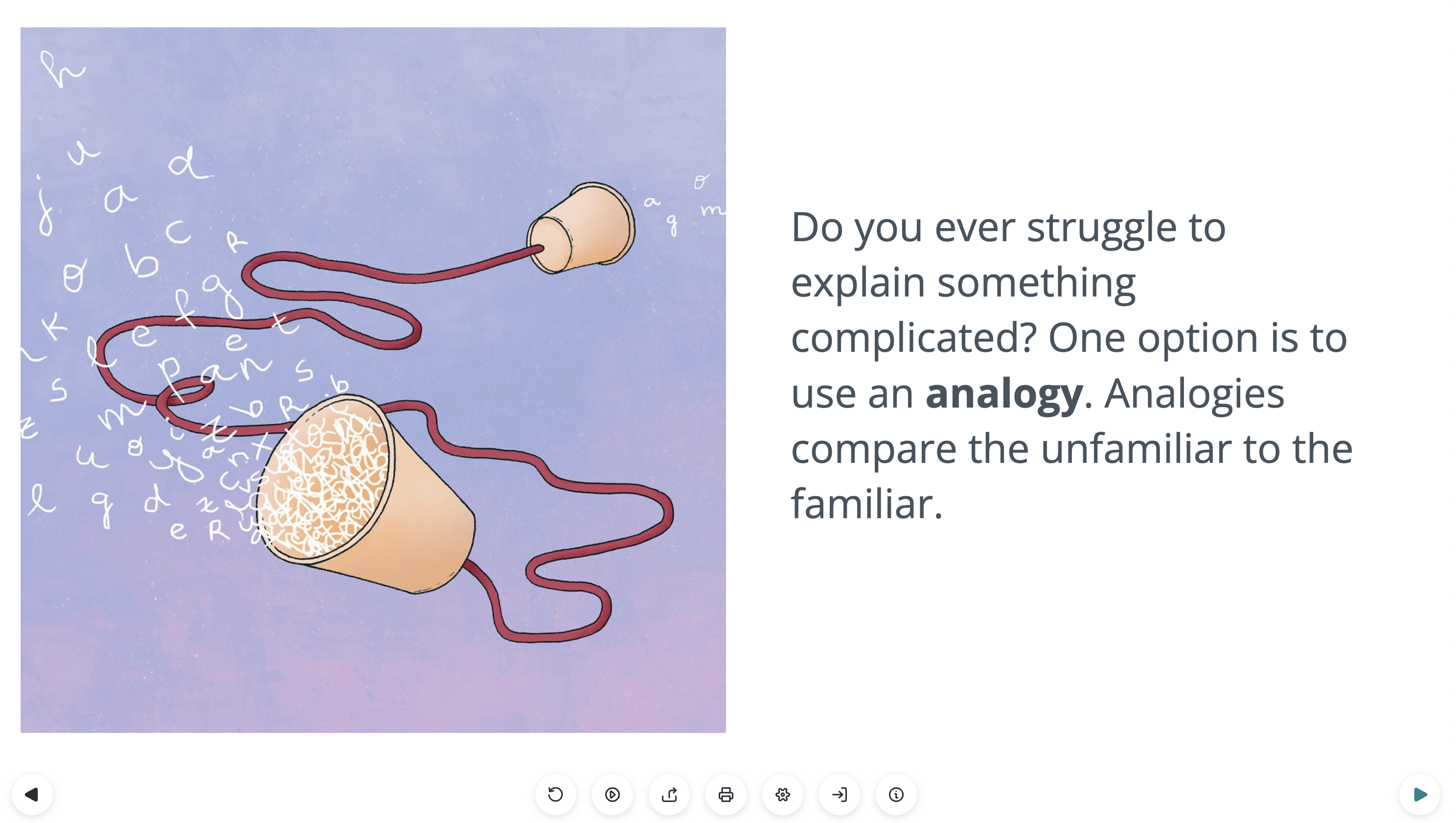
Meet Wormy McWormface!
Do you follow Wormy on Instagram? If not, you’re going to want to after reading about all the awesome SciComm going on in KU Leuven’s Molecular and Functional Neurobiology Temmerman Laboratory thanks to Wormy. It can be difficult to post on Instagram without any arms or hands, so Wormy engages followers with scientific information with the help of PhD student, Lucas Mergan! Continue reading to learn more about Wormy the Scicommer!
Please tell us a little more about how you were “born” and who you are
Well, perhaps to start with who I am: I’m a type of worm called Caenorhabditis elegans, who usually lives in rotting vegetation, but like many of my kind, I live in a laboratory instead. We are a popular “model organism”: an easy to maintain organism widely used in research to help understand biological processes. I arrived in the Temmerman lab in Belgium alongside a hundred of my siblings. They wanted us to demonstrate to kids what it is like to work with C. elegans in the lab, in a playful way. However, they also wanted one of us to give a presentation for the children, and I volunteered. I took photos of myself all over the lab, and explained different instruments and concepts. Then we had all these pictures, so we thought, why not make better use of them by posting them on an Instagram account? And that is how my scicomm journey started in earnest.
Tell us about the different roles you play…in the lab, on social media, and at outreach events
I guess I am kind of the lab mascot, always present on any lab events, from outreach activities to doctoral defences to our yearly lab weekend. I communicate a lot of these things via my Instagram account @mcwormface, alongside posts about different scientific concepts, interesting research and laboratory techniques. As for feedback, I have had a lot of positive reactions from colleagues and Instagram users; but most satisfying is at outreach events with kids and their parents, when we get genuine compliments on how we go about communicating science, and you see how enthusiastic people are to partake!
Why do you think SciComm is important? Do you think you make a difference in SciComm?
To me one of the most important aspects of science communication is to foster curiosity and critical thinking, and not just transfer scientific knowledge as such. I want to get people thinking about the world around them, get them wanting to learn more. There is a lot of mistrust in science nowadays, I think in part because it is often seen as arrogant, all-knowing scientists talking down to ignorant civilians who are just meant to listen and accept what we say. If we teach people to look at the facts, think about how they fit together, and critically examine their own ideas; then we no longer have to tell them “this is just the way it is”, but we can hand them the data and help them understand how we came to our conclusions, and I think then people are more likely to listen and trust what scientists say. We have to talk with people as opposed to talking at them, and I think good science communication can help a lot with that. And if I make a difference? Perhaps not on a large scale, but I hope that over the years I have piqued a couple of people’s interest, and got them thinking about science a little more than before.

A photo from Wormy’s Instagram. He visited the Ghent Museum, and he visited an exhibit of other nematodes
What’s been your favorite SciComm event and why?
I think my favourite events has been “Science Day”, a Flemish government initiative in which children can visit all kinds of companies, institutes and universities to learn about science. I helped organise games in which kids (and their parents!) got to “inject” worms with bow and arrow, or “pick” worms with a spade. It was a lot of fun talking to the visitors and seeing them get enthused about both the games and the science behind them, and receiving positive feedback from them as well as from faculty members.
What are you looking forward to doing in the future?
That’s a hard question! I’m hoping that as COVID clears up a little I can take part in more live events again, such as the Flemish initiatives “Kid University” and “Day of Science”, where you really get to interact with people as opposed to simply written or visual work online. Perhaps one day I would like to have my own video channel on YouTube (or who knows, on national television…), to communicate science in a fun way to a broad audience. And I would also like to collaborate with other science communicators, sharing experiences and ideas for new projects!
Give us a couple of SciComm tips
Haha, I am not sure that I am enough of an experienced scicommer to give people any great tips, but I’ll give it a shot! The first thing I think of, is that you should do something that you enjoy. I think when your heart is in it the quality of your science communication will be better (and the process will be more pleasurable), than if you are doing it as a chore. Next, I think it is important not only to talk, but also to listen. Science communication should be a two-way street, an open dialogue between scientists and “the public”. We have to break away from the white lab coat stereotype of a scientist doing some complicated, incomprehensible thing in the lab, and then telling people what to believe. We have to show we are also just humans, that science is a process of doubt and failure and mistakes, but that with critical thinking and asking the right questions we can still come to important insights. Finally, just like science itself, scicomm is a process of experimentation – if you have an idea, just try it out, and it may fail terribly, but it may be the “next big thing” in science communication!
Anything else you would like readers to know about you, your lab, or anything else?
I think I have already talked enough about me, so perhaps a little more about my lab instead. We are a relatively young research group, working with C. elegans to study both ageing and neuropeptides. Already before I arrived in the lab they actively partook in science communication, appearing on national television in a program about using animals in research and another concerning alleged ways to improve lifespan. Our principal investigator is also very enthusiastic about outreach, and has given many lectures to broad audiences, as well as a video lecture via “University of Flanders”. Besides science and scicomm, we also (in a pre- and hopefully post-lockdown world) have a lot of social activities, including monthly drinks and a yearly weekend away. So, if you are interested in biological research with a side serving of outreach and fun, this could definitely be the lab for you!




